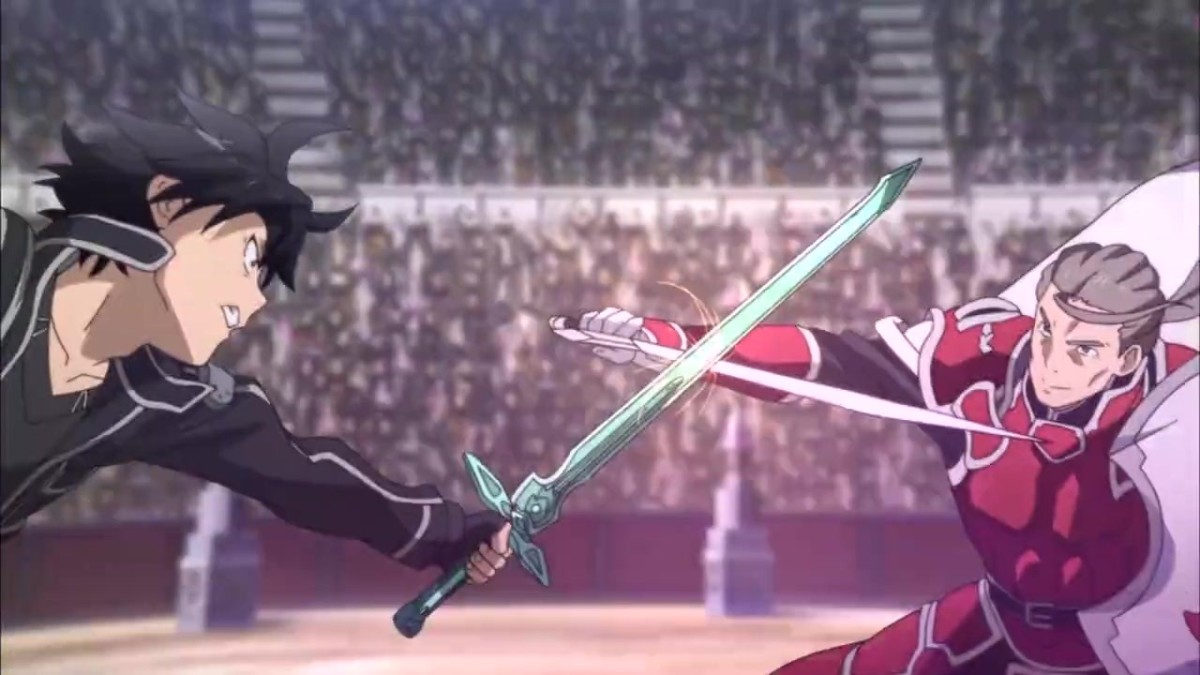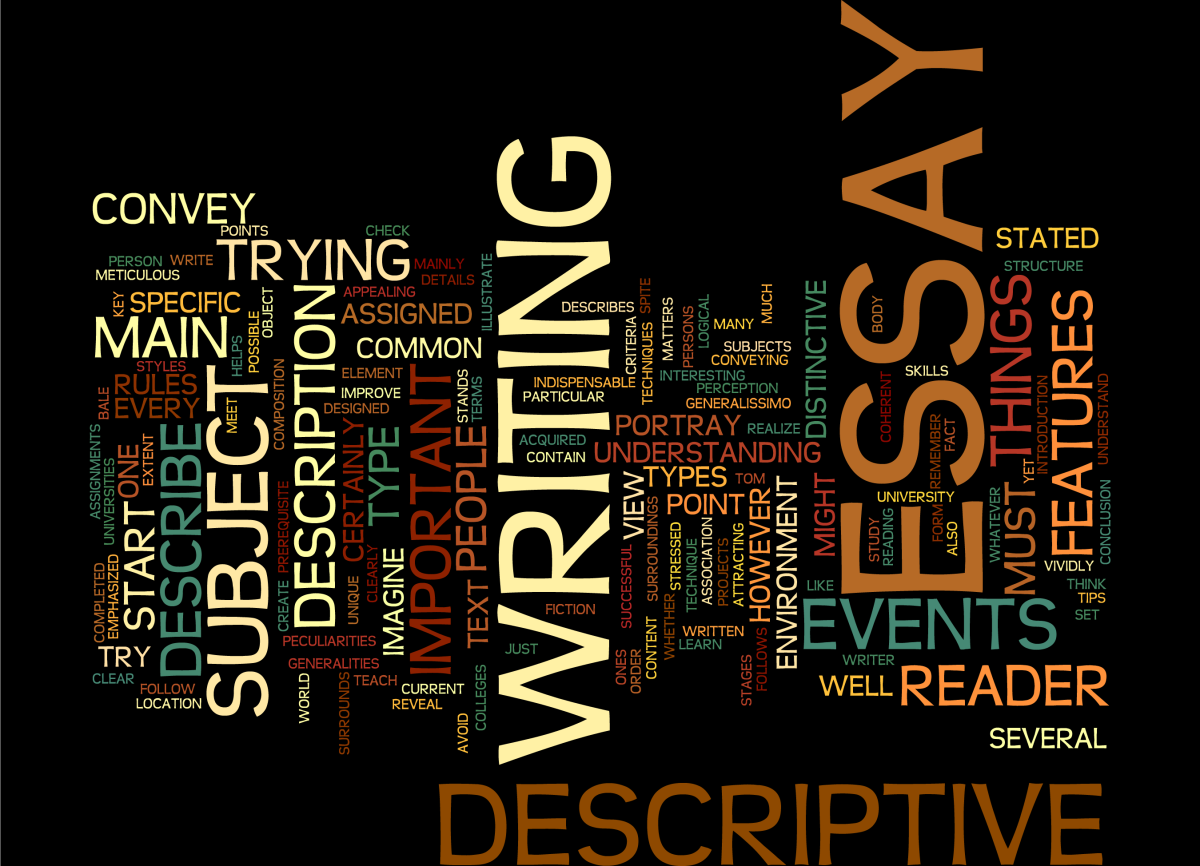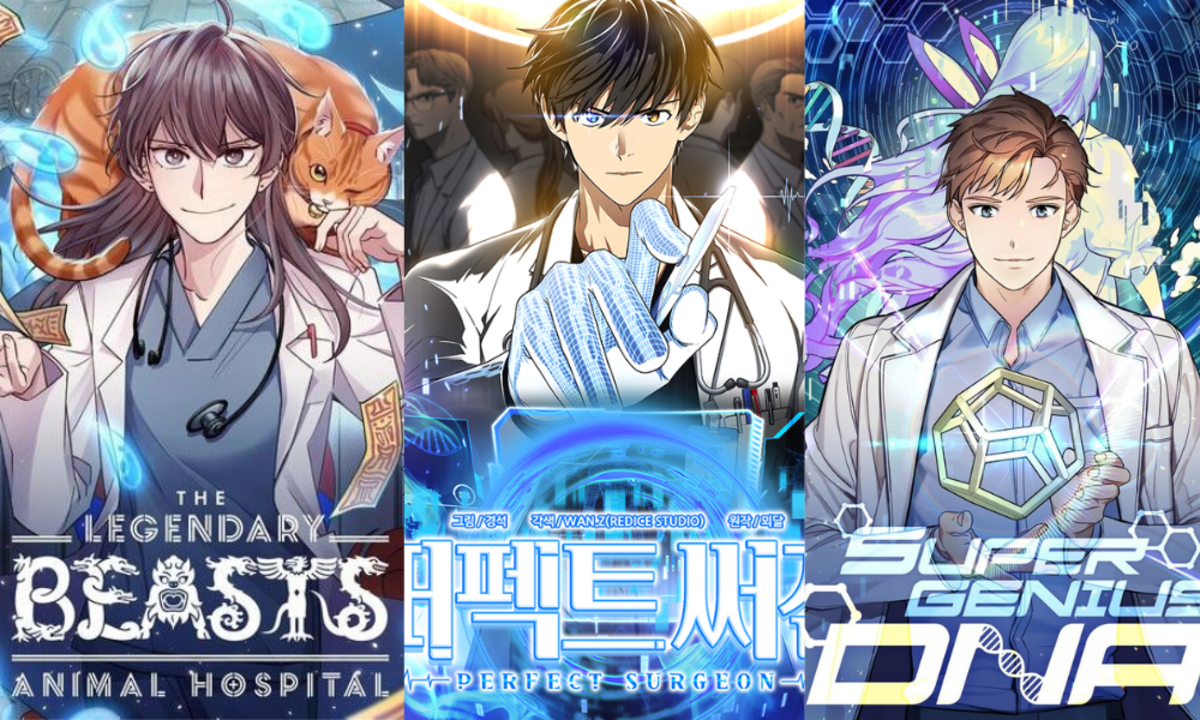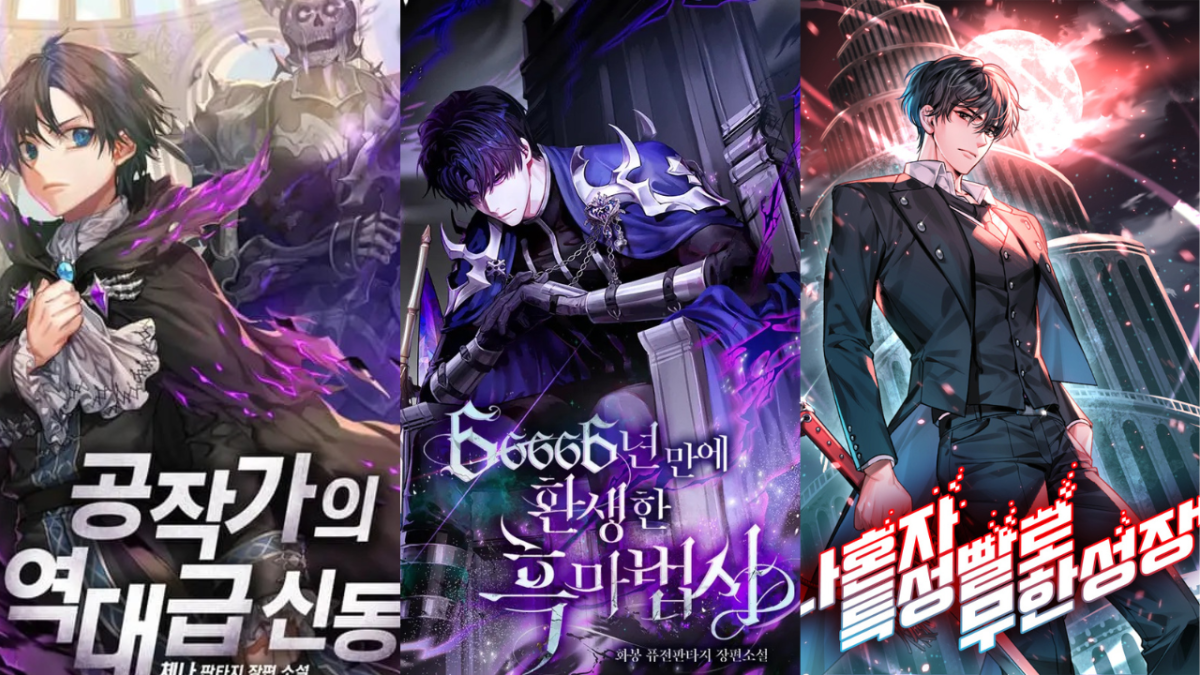What is Creative Non Fiction?

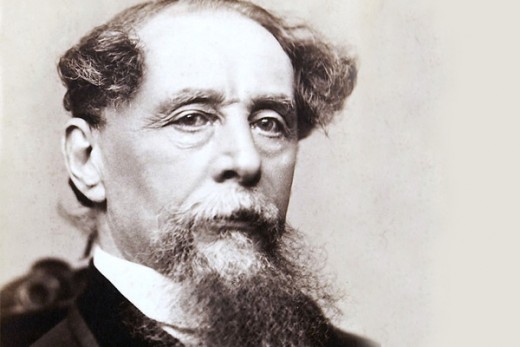

Fiction, while not always easy to recognize, is fairly easy to define. It's a made up story with made up people, places and events. Certainly, it can be based on real people, real events, real places (and quite often is, especially with literary and historical fiction), but the story itself is a lie. It makes no pretense of being anything other then a creative and entertaining lie.
Fiction may not be misleading but, it does project a reality that is not real, which makes it a lie. It's a glorious, terrific, entertaining lie but the world of fiction is a world of lies. We accept these lies going in and we know they're lies.
Don't get all upset here and stop reading and leave a comment about it. I love fiction. I love escaping into the world of fiction because I know it's a lie. It's not a world I encounter in every day life. It's a world I embrace and love. I know my fiction author's are not intending to mislead me, so there lies are not malicious, and maybe some take offense with that word, but I think it's the best word to use top differentiate fiction from non-fiction. The primary goal of fiction is to entertain.
Witches in Narnia, dragons, trolls, the X-Men. these are obvious fictions. Obvious lies.
Stephen King's lies are blatant. Most of us have not encountered space ships buried in the forest that possessed the population, of killer clowns that live in sewers and feed on children, and most of us never will. Charles Dickens based his lies on realistic situations, often times as a commentary on social or political issues of his day (as in Oliver Twist) . Did Oliver Twist exist? Probably not... but he could have. Holden Caufield? I knew him in high school. Ulysses? Not likely.
Stephen King, JD Salinger, Charles Dickens and others like them are story tellers and fibbers. Their characters are entertaining figments of imagination. We know and accept their lies. We are entertained by them, and we are prepared to escape when we see the word "novel" or "fiction" on the spine of a book in the library or local bookstore.
So, where does that leave Truman Capote? Where does that leave poets? When does fiction become non fiction, and vice versa? Where is the line drawn, and is the line ever clear, or is it always a blur?
What is NOT creative non fiction
Generally cookbooks, news articles, editorials, textbooks, academic papers and things of that nature would not be considered creative non fiction. Certainly good work in these categories would have a creative aspect to it and would fall under the auspices of the all encompassing non fiction category, but not as creative non-fiction.
Creative non fiction is the subject of this article.
So, what is creative non fiction?
Creative Non fiction follows the same rules and has the same elements of traditional fiction. It has characters, a story arc, setting, (hopefully) dialogue, and some kind of narrative voice and point of view (though, it doesn't have to be in first person, contrary to popular practice and belief).
The primary difference is that creative non fiction is based on truth with an effort to be truthful, unlike fiction, which can be based on truth, but has no constraints of sticking to the truth.
But, as a writer of creative non fiction, you have creative license. The important thing to remember in non fiction is that it's generally based on memory and/or historical record, both of which can be (and often are) flawed. It would be impossible, without some kind of recording device, to remember an event word for word, sequence by sequence, moment by moment. The important thing to do is capture the event as accurately as possible (remembering that you do have creative license for some exaggeration and omission) to get at the main point of a story. The documented facts are less important then the truth behind the events.The essence of the event is what the non fiction writer is after.
Take my essay Femur. The events in that story took place when I was five years old. There is no way at that young age and that many years ago for me to remember what exactly what happened. Instead, I pieced together the story based on my own remembrances, from photographs and from conversations with my parents. Did the events in that story happen exactly as I recorded them? Probably not, but it's still basically truthful and the main point, the significance, the essence, of that event still comes across.
How do you write it?
Simple. The same way you write fiction.
Use dialogue, scene, plot, character, story arc, conflict/resolution and all of the elements that you would use in writing fiction. You're just going to be working less from your imagination and more from your memory.

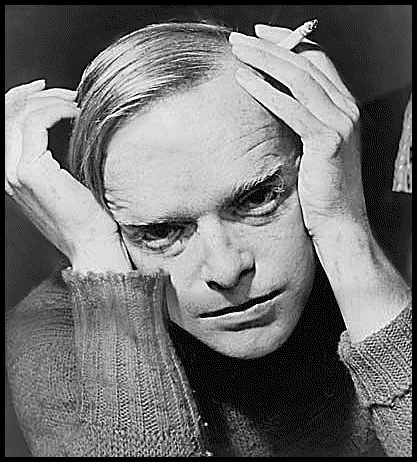
Let's look at Dialogue
Think about a conversation you had earlier today, last night, last week, last month, last year, ten years ago...Do you remember it, word for word? Do you remember every inflection, every grammatical error, every action that occurred simultaneously with the conversation. For most of us, the answer should and will be no.
But what do you remember?
Do you remember what it was about? Do you remember the significance? The essence? Could you paraphrase it to someone, to the best of your recollection and still get across the gist of the conversation? This is how you treat your creative non fiction dialogue.
Most of us can't remember a conversation verbatim, though we could tape it to record it word for word (but, who wants to read a conversation word for word?). When we write or share about it, we just put in the key details, thoughts and emotions, and don't generally concern ourselves with document-able accuracy. Your creative non fiction could get bogged down, or grind to a halt entirely, if you concern yourself with remembering a conversation verbatim.
Don't.
Try to remember a key phrase or two, and ad lib the rest. Just get the reader to the point of the conversation. It's better that way. Real conversations would be boring to read about anyway. We have real conversations every day in real life, we don't need to read about yours. You can do this, and still be a purveyor of truth and your work can still be considered non fiction.

The Devil is in the Details.
Details are what make fiction shine and details are what make your non fiction believable. Make your details strong, specific and concrete. If you don't remember exactly, make up a convincing lie, or leave it out.
Does it matter if the dog that bit you was a blue heeler or a German Shepherd? Nope. Does it matter if you were eating an orange or a plum when your mother told you your father died? Not at all. Does it matter if your elementary school bully was named Johnny Lawerence or Scott Farkus? Not entirely.
Again, it's what happened and what you learned or how it made you feel that is important. You got bit by a dog. Your dad died. You were bullied. This is what I as a reader care about (or should, if you're doing your job right). Pick out those important details and sell me on them.
The details should be concrete. Avoid the abstract. Don't say you were "mad" or "in love". Show the reader how you felt. Show the reader what's important. Show reader how the details you chose to include impact you and the story you're telling.
A great example of specific, concrete details is in Paisley Rekdal's essay The Night My Mother Met Bruce Lee . Here's an excerpt from the opening paragraph (note also as you're reading the point of view and narrative voice. It's first person present tense and the narrator takes us through the scene like a camera filming a movie.):
"Age sixteen, my mother loads up red tubs of noodles, teacups chipped and white-gray as teeth, rice tubs that glue themselves to the plastic tub sides or dissolve and turn papery in the weak tea sloshing around the bottom."
Can you see her mother? Can you see the tray, the rice, the restaurant? Rekdal's descriptions bring us in and bring us close.We are the tray in her mother's hands. We are her mother's eye balls. We are the chipped tea cup. This makes for believeable and engaging creative non fiction.
Remember to use concrete images and strong details.
He's quite the character
While you're probably dealing with real characters, real people (or at least composites of real people) this doesn't mean you can skimp on character development and character depth (I use character here for lack of a better word. Even though character development still exists in non fiction, you're not making up your character.). You still need to interest your reader in the character's in the story. What do they look like? how do they sound? What's special about them? The things a good fiction writer tells us are the things a good non fiction writer will do as well. Make your character real, rounded and dynamic (unless it's necessary for them to be static, but this is rare.)
Also, your reader is never going to care as much about the story as the characters in the story. If your character(s) is (are) blase and ho hum about the adventure that they are on then the reader will be even more so. Make your characters-- and their mission-- compelling.
Make the reader care by making your character's care. Your reader should feel the danger, the humiliation, the humor. If they don't, you failed as a writer, at least in that area, and it's time to go back to the drawing board.
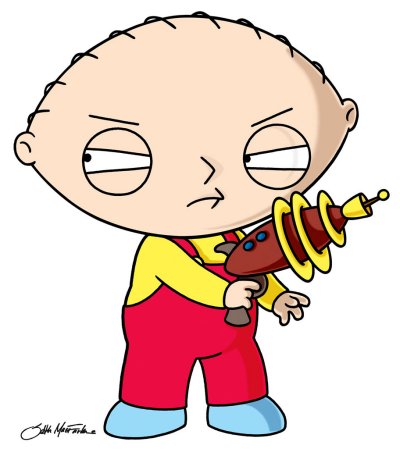
So, why do I care?
I could certainly talk on and on about the different elements of non fiction, but I don't like reading long hubs anymore then you do, so, I thank you for reading this far. There is just one more idea I would like to share with you and that is the idea of why you're writing your creative non fiction piece in the first place. What is the reason that you felt this story you're telling needed to be written? Was it funny? Was it sad? Life changing? Poignant? Maybe it was all of those things.
Your reader does not care bout your specific reason. it's not their job to care, it's your job to make them care. If you're don't clue the reader in and show them why this is important, then they're probably not going to care to keep reading. Most importantly, as in fiction,
When I revise my work, especially my non fiction, it's generally because when I read it, or workshopped it, I (and/or my readers) didn't feel anything. I, as an author, was too distant, narrartively speaking.
If you're writing about when your parents got divorced, I want to feel that anguish, confusion, sadness,anger. If you're writing about the birth of your child, I want to feel your elation, your love, your fear. I want to feel and if I don't feel, I'm going to stop reading and find something I can connect with. Make sure your reader connects with your character.
Use simple language, use concise sentences, concrete details, effective dialogue. These are all great tools to use to emphasize events, moods and places.
I had a poetry instructor tell me that if a poem didn't make her cry, then the poet wasn't worth reading. I've never forgotten that advice.
I hope you found this helpful. Best wishes in all your endeavors.
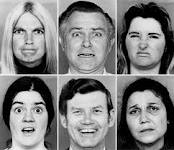
Thanks for Reading.
A Great hub on fiction byBarbsbitsnpieces
- The Amazing Truth About Fiction
The truth of fiction is visible, tangible, and powerful. Fiction exposes and dramatizes truth. Fiction is truth told through many different genres.






